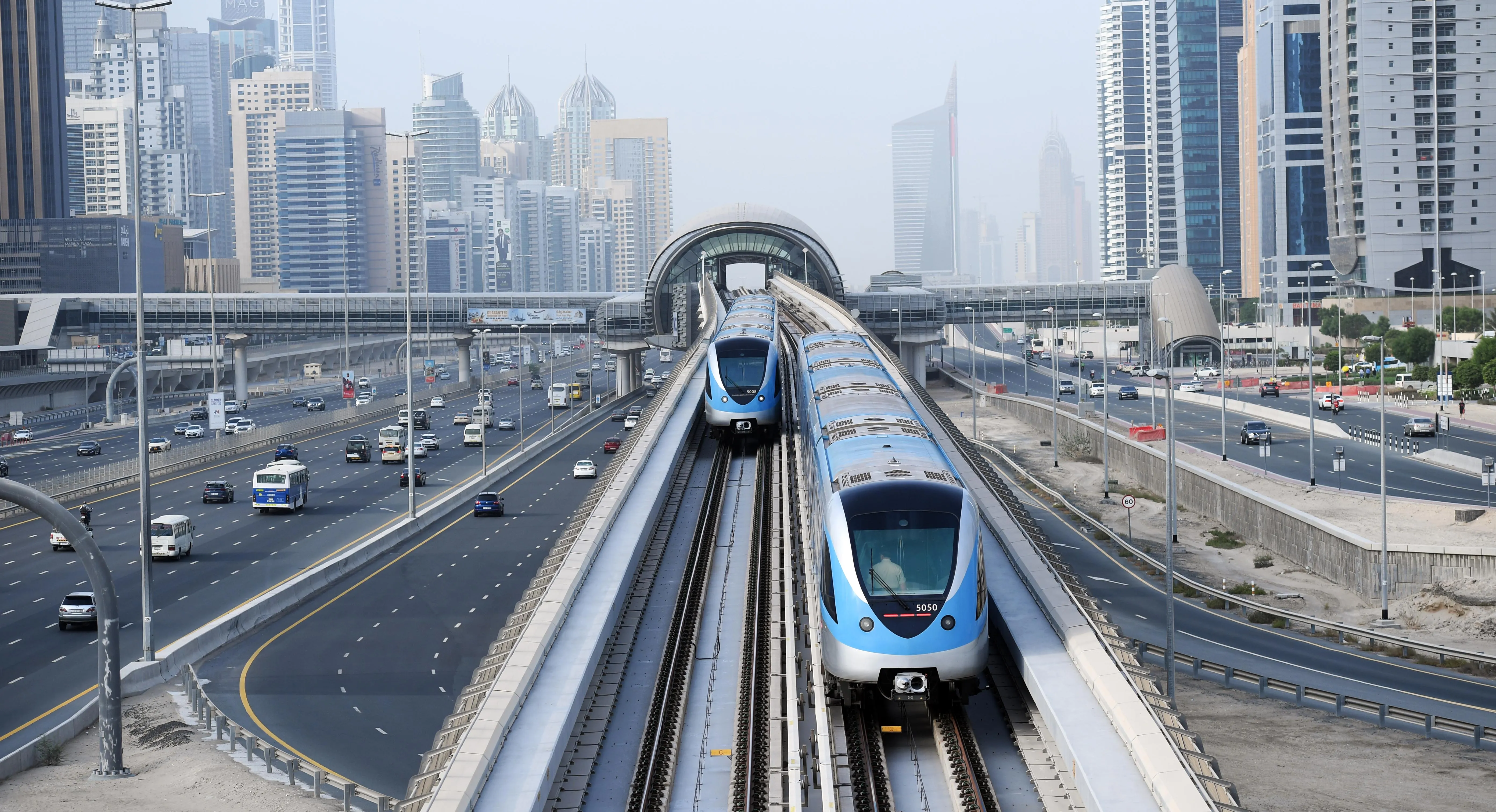UK-headquartered
Magnadata is one of the world’s largest suppliers of passenger transport ticketing. Its customers include New York Metro in the US, Dublin Bus in Ireland, Spain’s Valencia Metro, Sydney Rail in Australia and London Underground.
According to Roy Colclough, Magnadata Group CEO, the order complements the company’s future investment programme in terms of magnetic and RFID product development.
UK-headquartered Magnadata Group has been awarded a five-year, US$37.35 million contract by ATOC (Association of Train Operating Companies) to produce the iconic orange magnetic rail ticket and associated products for all the UK train operating companies. The company will supply of around 750 million magnetic striped tickets per annum which will be distributed to over 2,500 rail stations throughout the UK. Each ticket has a magnetic stripe applied to the surface which carries data that enables passengers to use automated barriers at stations.
Magnadata is one of the world’s largest suppliers of passenger transport ticketing. Its customers include New York Metro in the US, Dublin Bus in Ireland, Spain’s Valencia Metro, Sydney Rail in Australia and London Underground.
According to Roy Colclough, Magnadata Group CEO, the order complements the company’s future investment programme in terms of magnetic and RFID product development.








